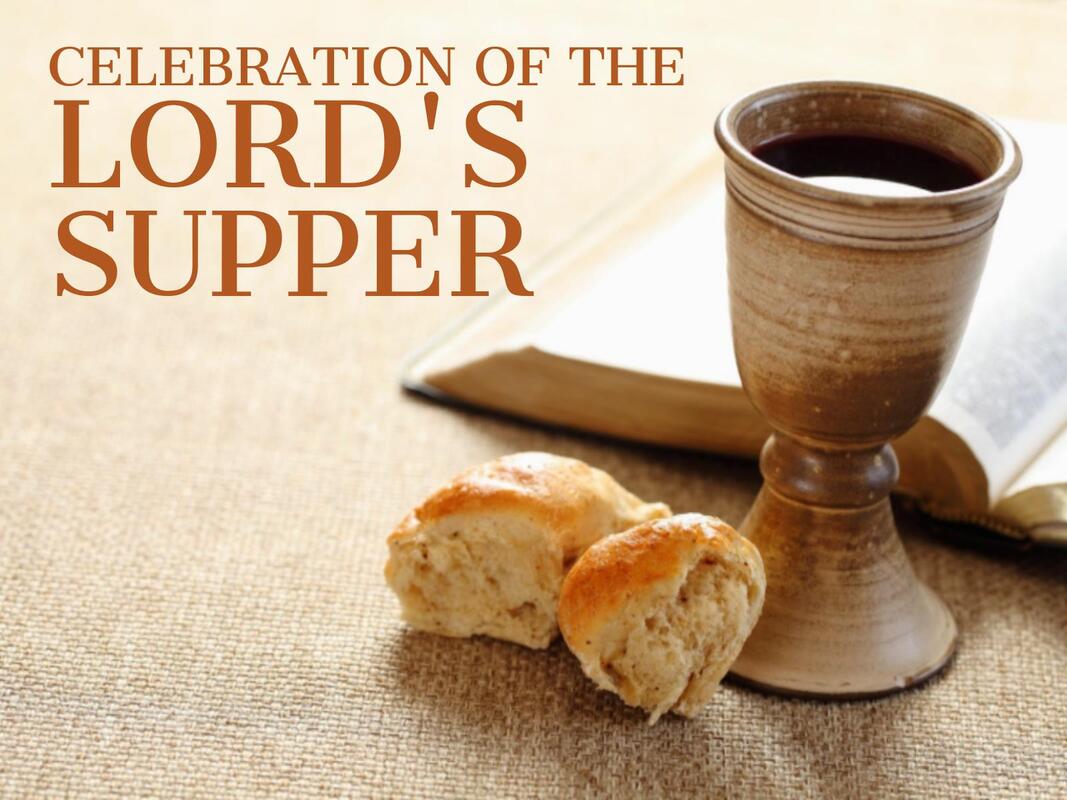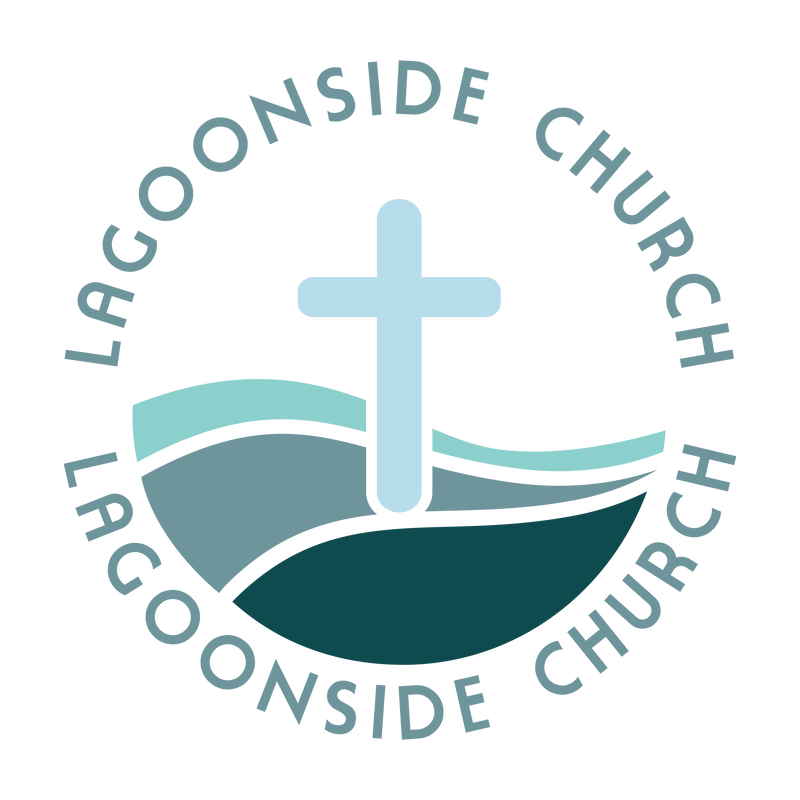|
Using the correct elements in the Lord’s Supper with a biblical understanding of them is important. Jesus instituted the Lord’s Supper at his last meal with his disciples as part of the Jewish Passover (Matthew 26:26-30; Mark 14:22-26; Luke 22:14-20).
Unleavened bread and the fruit of the vine were part of the meal. Jesus indicated that the bread was symbolic of his body and the fruit of the vine symbolic of his blood. The unleavened bread symbolizes the purity of Christ, for he was without sin (Hebrews 4:15) and thus his body was an unblemished sacrifice for our sins. The juice from crushed grapes symbolizes the blood that Christ shed for us. In partaking of the bread and the cup, as Christ’s disciples we are to remember his sacrifice on the cross of Calvary as he gave his body and shed his blood for our sins. it is an opportunity to obey a command of Christ and to recall his sacrifice for us, his presence with us and his certain return (1 Corinthians 11:24-28). What is the significance of the Lord’s Supper? 1. It is an act of fellowship and intimacy with God.In the same way that eating with someone is an act of fellowship and intimacy, so is taking the Lord’s Supper. In the Old Testament, there were various instances and opportunities to eat in the presence of God. For example, after God made a covenant with Israel in Exodus, Moses and seventy elders went up Mount Sinai, beheld God, and ate before him. Exodus 24:9-11 says: Moses and Aaron, Nadab and Abihu, and the seventy elders of Israel went up, and they saw the God of Israel. Under his feet there was something like a pavement made of sapphire, clear like the sky itself. But he did not lay a hand on the leaders of the Israelites, so they saw God, and they ate and they drank. In addition, there were ceremonies instituted in Israel, as part of God’s law, where the offeror would eat in the presence of God at the tabernacle and later the temple, such as with the giving of the tithe and the fellowship offering. Deuteronomy 14:23 and 26 says this about the tithe: In the presence of the Lord your God you must eat from the tithe of your grain, your new wine, your olive oil, and the firstborn of your herds and flocks in the place he chooses to locate his name, so that you may learn to revere the Lord your God always… Then you may spend the money however you wish for cattle, sheep, wine, beer, or whatever you desire. You and your household may eat there in the presence of the Lord your God and enjoy it. Leviticus 19:5-6 says this about the fellowship offerings: When you sacrifice a peace offering sacrifice to the Lord, you must sacrifice it so that it is accepted for you. It must be eaten on the day of your sacrifice and on the following day, but what is left over until the third day must be burned up. Similarly, in the New Covenant, though we don’t offer sacrifices or eat our tithes before the Lord, God has given us the Lord’s Supper as a fellowship meal that we eat in his presence. In Luke 22:19, the Supper was something Christ ate with his disciples, and as we eat it, the Lord is, no doubt, present with us as Scripture promises (cf. 1 Cor 3:16). In Matthew 18:20, Christ said this: “For where two or three are assembled in my name, I am there among them.” 2. It is an act of unity and fellowship among believers.In 1 Corinthians 10:17, Paul says, “Because there is one bread, we who are many are one body, for we all share the one bread.” The bread represents Christ’s body which was broken for believers, but the bread also represents the unity of believers, since believers are Christ’s body (Col 1:18). Therefore, the Lord’s Supper is a fellowship meal amongst believers. 3. It is a proclamation of the New Covenant and our participation in its benefits.Luke 22:20 says, “And in the same way he took the cup after they had eaten, saying, ‘This cup that is poured out for you is the new covenant in my blood.” The word covenant means “to cut.” Typically, when people made covenants with one another in ancient times, they would kill an animal to declare the solemnness of their agreement and their need to fulfill the requirements of it. Similarly, Christ made a covenant with us through his blood. He covenanted to forgive our sins, fill us with his Spirit, write his laws on our hearts, and empower us to obey them (cf. Ez 31:31-34, 36:26-27). Our covenant was initiated and cut through the body of Christ on the cross, fulfilled by him, and now we are in a covenant relationship with him. 4. It is a remembering of Christ’s death.First Corinthians 11:26 says, “For every time you eat this bread and drink the cup, you proclaim the Lord’s death until he comes.” Taking of the elements is like a memorial, where we frequently remember Christ’s death for our sins. This is important, because we’re so prone to forget the great cost of our salvation and its benefits. 5. It is an act of faith declaring that God has forgiven us and that we will not bear his wrath for our sins.When Christ ate the Last Supper with his disciples before his death, it was also a celebration of the Jewish Passover meal; however, Christ imbued it with rich new meaning. At Israel’s original Passover, they were slaves in Egypt and were instructed to put the blood of a lamb over their doorposts, so their first born would not be killed by God when he passed over Egypt. The New Testament teaches that the original Passover lambs always foreshadowed Christ. In 1 Corinthians 5:7, Paul said, “For Christ, our Passover lamb, has been sacrificed.” Therefore, in the Lord’s Supper, we are declaring by faith that we will not bear God’s wrath, because our Lamb already died for us and his blood protects us. 6. It is a looking forward to Christ’s second coming.Again 1 Corinthians 11:26 says, “For every time you eat this bread and drink the cup, you proclaim the Lord’s death until he comes.” In the Lord’s Supper, believers not only look back at Christ’s death but look forward to his return. This is important because we are so prone to become consumed with life as it is and not be zealous for the coming of Christ. When we take the supper, we declare with other believers, “Come, Lord Jesus!” (Rev 22:20). 7. It looks forward to the time we will eat with God and other believers in heaven.Wayne Grudem said it this way: Yet even the Lord’s Supper looks forward to a more wonderful fellowship meal in God’s presence in the future, when the fellowship of Eden will be restored and there will be even greater joy, because those who eat in God’s presence will be forgiven sinners now confirmed in righteousness, never able to sin again. That future time of great rejoicing and eating in the presence of God is hinted at by Jesus when he says, “I tell you I shall not drink again of this fruit of the vine until that day when I drink it new with you in my Father’s kingdom” (Matt. 26:29). We are told more explicitly in Revelation about the marriage supper of the Lamb: “And the angel said to me, ‘Write this: Blessed are those who are invited to the marriage supper of the Lamb’” (Rev. 19:9). This will be a time of great rejoicing in the presence of the Lord, as well as a time of reverence and awe before him. As we look forward to partaking in communion together the last Sunday each month, let us examine our hearts in preparation as Scripture instructs us to so we can partake together in harmony and in fellowship with the Lord and each other.
0 Comments
|
AuthorAdmin Archives
March 2024
Categories |
|
Lagoonside Church
[email protected] Pastor Wayne 083-386-9374 Pastor Dave 083-283-7927 Dr. Phil 076-286-6591 6 Queen Street CBD Knysna, South Africa |
Family Worship & Sunday School
9:30 am, Sundays Men's Bible Study Tuesdays 8:30-10:00 Ladies Bible Study Tuesdays 11:00-12:00 Kids Club Fridays 15:30-17:00 |

 RSS Feed
RSS Feed
